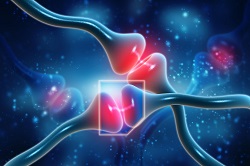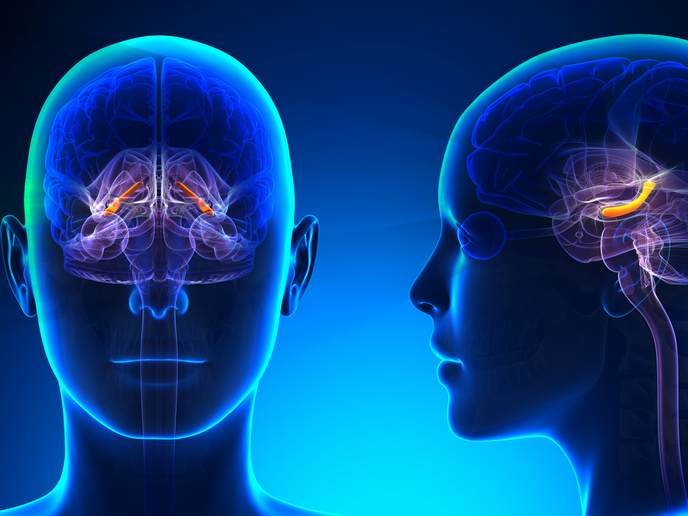Neuronal autophagy linked to memory impairment
Age associated memory impairment is a term that describes the general degradation of memory, which results from simply getting older. Normal ageing is associated with a general deterioration of brain structures critical to cognitive functions, including long-term and working memories. The elucidation of the biological mechanisms that govern ageing can facilitate the discovery of evolutionary conserved factors, which denominate physiological deterioration in humans. During ageing, memory connections are inhibited by several factors, including the dysfunction in the release of neurotransmitters and the deposits in beta-amyloid peptides that are responsible for several cellular functions. These processes result in decreased memory functions and the potential development of memory disorders, such as dementia and Alzheimer’s disease. Therefore, ageing is considered one of the main risk factors for neurodegenerative diseases. The research team of the AGE-MEMORY project revealed for the first time that insulin is linked to learning and memory functions via the regulation of autophagy, a natural process that allows the degradation and recycling of cellular organelles. Specifically, reduced insulin signalling improved learning abilities, although it decreased the formation of long-term memory by induction of neuronal autophagy. Autophagy linked to cognitive function during ageing The team identified the main proteins involved in neuronal autophagy during ageing. These were the signalling protein TOR involved in various cellular functions and its downstream target, the receptor 5HT-7 that binds to serotonin, a neurotransmitter responsible for the feelings of well-being and happiness. “We found that neuronal autophagy coordinates mood and ability to establish long-term memory via the 5HT-7 receptor that has evolutionarily conserved structure and function in animals. This function was dependent on the de-phosphorylation of the NMDA receptor, a very important receptor for memory function that in turn resulted in the regulation of longevity,” says Professor Tavernarakis, the project coordinator of AGE-MEMORY, a Marie Skłodowska-Curie Individual Fellowship. At first, the studies conducted in animal models of flies and worms established a link between neuronal metabolism and autophagy. They found that specific neuronal circuits regulate the development of the nervous system, longevity, mood and cognition. Basis for future treatments against neuronal diseases Although AGE-MEMORY identified the main signalling network responsible for the development of neuronal diseases during ageing, further studies are required before this concept is applied to therapeutic interventions. “We are currently trying to better understand the mechanism through which autophagy induction alters expression and functionality of the specific serotonin receptor,” explains Professor Tavernarakis. Preliminary data of the AGE-MEMORY project show that not only genetic inhibition, but also pharmaceutical inhibition of the specific serotonin receptor can reverse developmental and cognitive defects caused by excessive autophagy. “Interestingly, we have recently found (after the completion of the project) that loss of the 5HT-7 receptor during development ameliorates developmental deficits caused by excessive autophagy, a process that leads to the development and progression of several diseases of the nervous system,” he adds. This finding that could set the basis for the future development of novel treatments against excessive autophagy-evoked neuronal diseases in humans. “For this, we are planning to continue our relative research and, depending on our findings, extend the findings of this research to the development of novel treatments of specific neuronal diseases in humans,” concludes Professor Tavernarakis.
Keywords
AGE-MEMORY, ageing, autophagy, memory impairment, insulin, longevity







